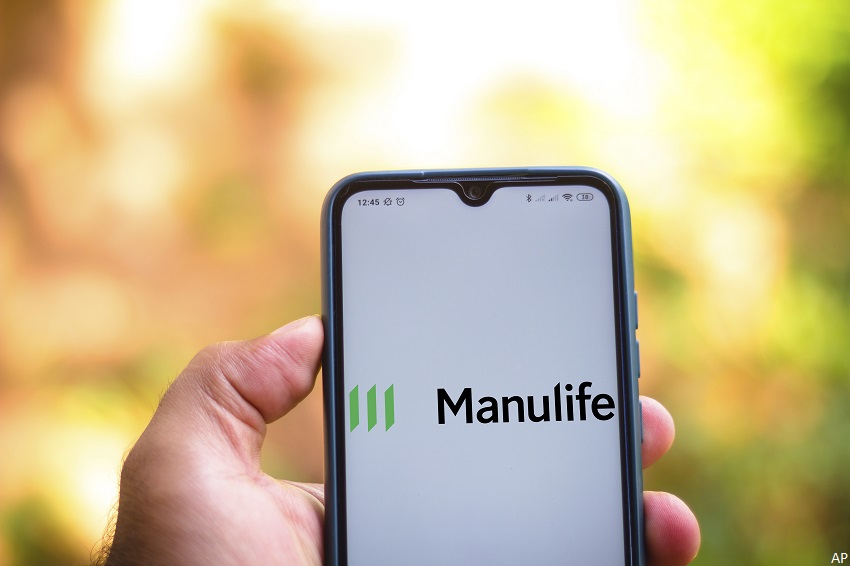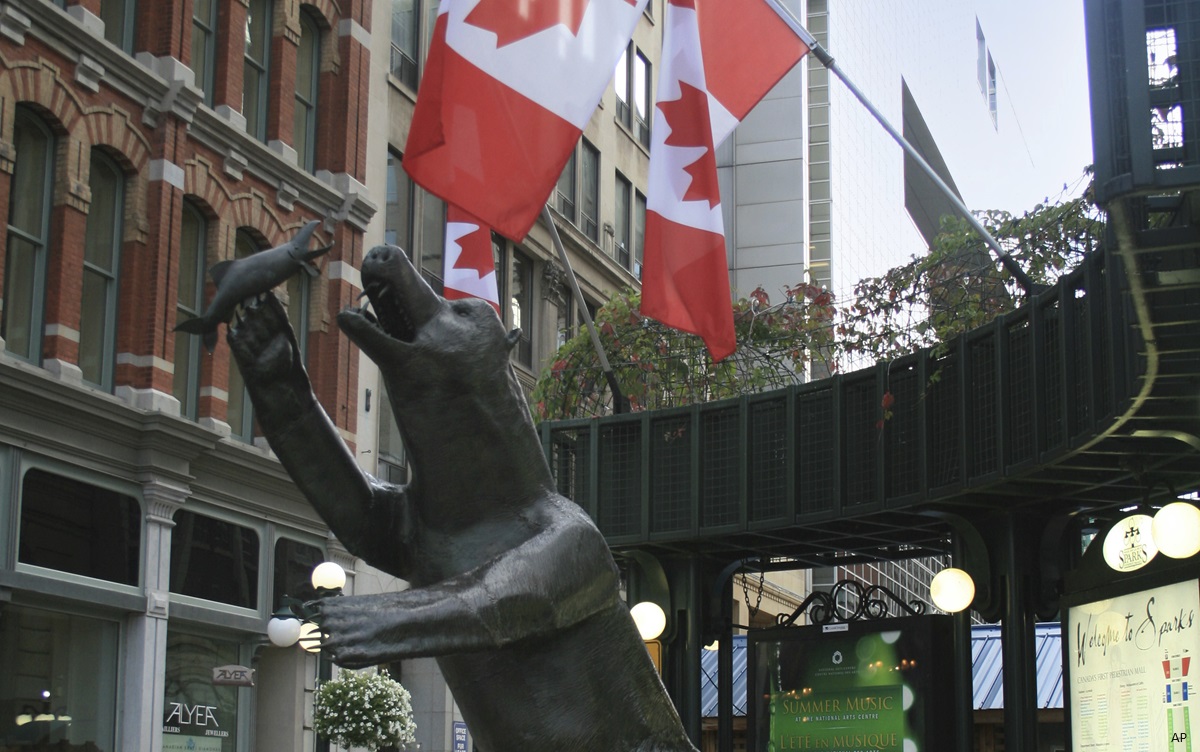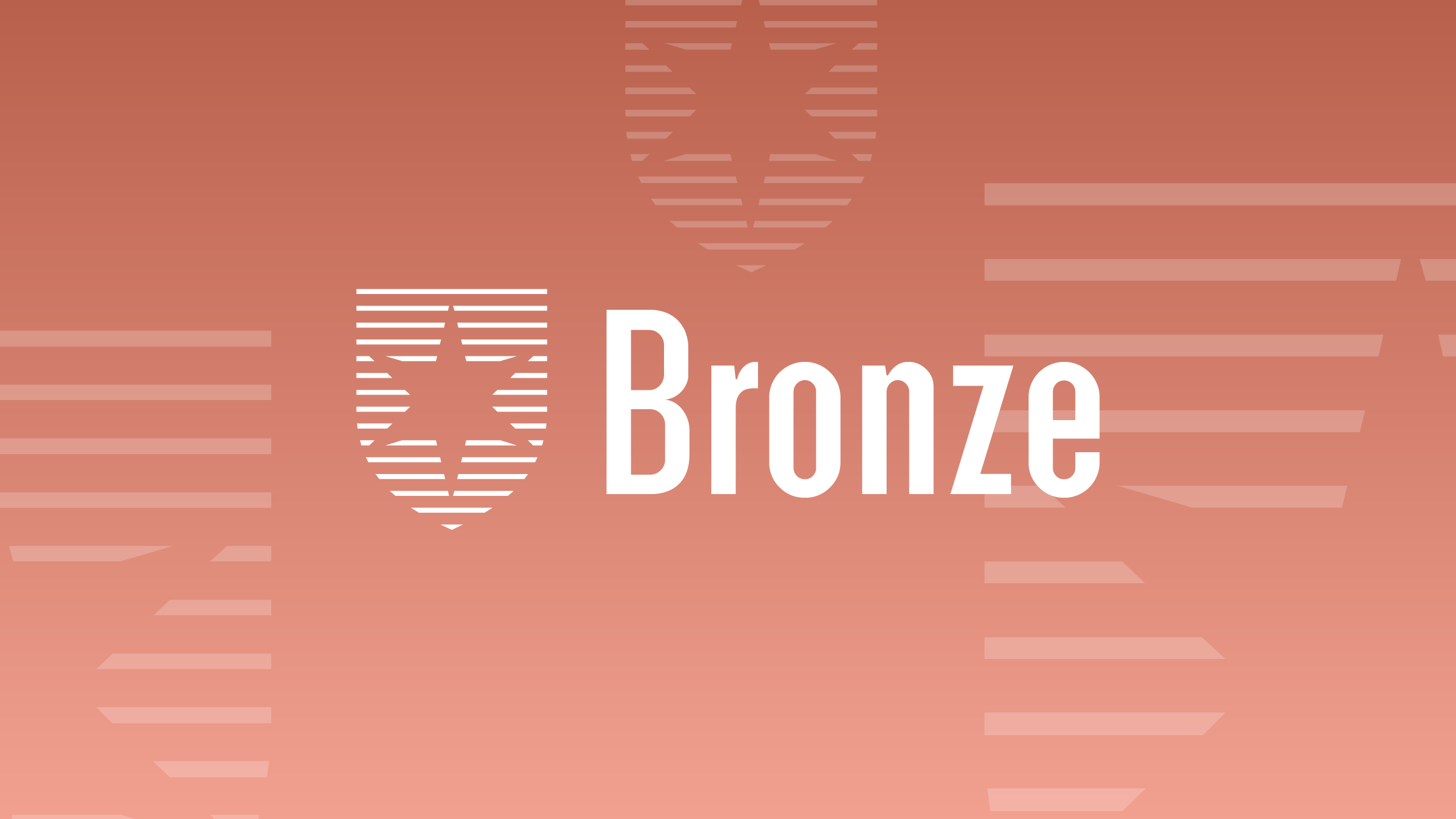
Global small caps have proven to be a challenging asset class recently, and investors might be worried about inflation ahead. But by sticking to their principles, they should meet with upside again.
Funds such as Mawer Global Small Cap A, a 5-star gold-rated fund with $3.8 billion in assets, have returned -7.61% year-to-date (Feb. 15), while the Global Small/Mid Cap category returned -6.90%.
Christian Deckart, lead manager of the Mawer fund, and deputy chief investment officer at Calgary-based Mawer Investment Management Ltd., argues that the asset class is hurting as markets anticipate interest rate hikes by central banks and sentiment has swung to large-cap names that are more liquid and less volatile. Nevertheless, he maintains that patient investors have the potential to be rewarded - as his firm’s investment style of careful stock-picking has proven.
Fundamentals Beat Flashy
“Our firm’s motto is ‘Be boring, make money.’ And historically, we have had good upside capture of markets. But where we have historically outperformed is on the downside, when markets drop,” says Deckart, a native of Munich, Germany who joined Mawer in 2013, after spending 16 years working in finance in Germany, Switzerland, the U.K., and earning a Ph.D. and diploma in law from the University of Augsburg. “Not all markets are made equal. We wouldn’t expect our motto to be an out-performer in the late stage of a bull market. That’s not where you would expect stable, wealth-creating and less speculative businesses to do well.” But that’s what Deckart’s team has been seeing for some time.
Over the long term, Mawer Global Small Cap A has returned an annualized 8.96% over three years, as of Feb. 15, 9.56%% over five years and 14.89% over the last decade. In contrast, the category returned an annualized 8.99%, 7.02% and 10.55% for the same periods. In the short term, the fund’s ‘boring’ strategy underperformed the category, returning 3.59%, versus 13.35% in 2021.
Get Selective When Small Caps Get Supplemental
Deckart admits that Mawer did not invest in the high-flying names of 2021, such as so-called meme stocks, which may explain last year’s somewhat subdued performance. But 2022, he maintains, is shaping up as a different year. “We have done relatively better than the category. But the way I think of small caps is that they are kind of ‘overflow’ asset class. When there is ample liquidity in the market money, that otherwise wouldn’t be in small caps, flows into small caps. It’s almost like a system of ponds with communicating vessels.” The main pond, as he describes it, is one with large caps, with money overflowing into a small-cap pond. So when liquidity declines in the overall systems of ponds, it declines first in the small-cap pond. “I observed this in 2007 when I was a small-cap analyst on the sell-side. Some of my stocks did poorly before the overall market turned. Small-caps are an ‘overflow’ asset class. As central banks appear to be tightening the enthusiasm that small caps enjoyed in 2021 is subsiding.”
Compare Inflation with Duration
Higher inflation and the threat of rising interest rates will impact asset classes to varying degrees. “Interest rates are an important factor in valuations. It will hit some asset classes harder than others because of their features. Longer duration companies, for instance, that may have less of a dividend are at risk of being hit harder. These conditions are found in tech stocks, and small-caps, which are longer duration,” says Deckart, who shares duties with portfolio managers John Wilson and Karan Phadke.
Counter Volatility with Discipline
From an investment style viewpoint, Mawer ignores indices and takes a bottom-up approach. As a rule, the managers look for companies that are regarded as wealth creators, have strong management teams and whose stocks are trading at attractive discounts to intrinsic value. In the past few months, Deckart says the firm has made some tactical moves and sold some stocks because they had reached their estimate of fair value. “It’s not easy because it could look like you sold too early. We have been very valuation disciplined on the way up and we continue to be careful. The philosophy hasn’t changed, nor have the process and the people. We stick to [our] first principles. But what has changed is that with increased volatility, there are more companies to look at because many stocks are down by a significant margin. They are worth looking at.”
The fund has a turnover ratio of around 30%. Deckart admits that the team has recently invested in a company that enables e-commerce businesses in an emerging market and a pharmaceuticals spin-off, although compliance rules prevent him from identifying the new holdings.
The Quality and Return Potential’s Abroad
From a country perspective, the fund has a 19.8% weighting in the U.S., which is half that of the 39.7% weighting in the peer group. Meanwhile, the 79.6% international equity weighting is more than 20 percentage points higher than the 52.2% weighting for the peer group. “We think in micro terms and look primarily at the quality of a business and the management team and the quality of the risks. We compare that to the return potential that we get from a company. Whenever that relationship between quality and return potential is favourable we will think about initiating a position,” says Deckart. Whenever the team compares quality and return potential of stocks around the world, they find that often non-North American stocks trade at a lower valuation than those in the U.S. “For the same valuation, we often find that we can get higher-quality businesses outside the U.S. In the global context, the U.S. stocks don’t bubble to the top.”
At the same time, the team also takes a macro view and compares holdings in a particular sector or market to make sure there is no excessive risk. “We have an expression: ‘think micro, and worry macro.’” On the macro side, they worry about the impact of increasing regulation and red tape, rising financing costs, and increased protectionism.
Small-Cap Selections
Running a portfolio of 62 names, Deckart highlights De’Longhi SpA (DLG), an Italian maker of small appliances. “Half their revenues are from coffee machines and they are one of the leaders in the industry. They work with Nespresso. It’s a classic be-boring-make-money business and their return on capital [ROC] is significantly above that of the cost of capital,” says Deckart, adding that the team estimates that the ROC was above 15% over the last five years.
Acquired about two years ago, the stock is trading at 15 times expected 2022 earnings. Based on internal discounted cash flow models, Deckart says the stock continues to be attractive. “It still deserves a place in the portfolio based on its quality and return characteristics.”
Another favourite is Winmark Corp. (WINA), an American franchisor of retail businesses that specialize in buying and selling children’s clothing and sporting goods. The firm owns retail outlets such as Once upon a Child, Plato’s Closet and Play it Again Sports, which sell relatively low-cost items. People come [to the shops] because there are lots of choices,” says Deckart. “They are part of the circular economy, since baby clothes, for instance, are re-used. People go to Play It Again Sports to get their hockey equipment.”
Acquired in late 2019 and early 2020, the stock plunged that spring on concerns that business would dry up. But strong revenues have proven otherwise since the stock has risen about 60%. The stock trades today at around 23 times historic earnings. “When we bought it, it traded as a discount to intrinsic value,” says Deckart, adding that discounted cash flow models are a better valuation tool than price-to-earnings ratios, “When we compare the quality of the business to the return potential, the stock still deserves a place in the portfolio.”





















